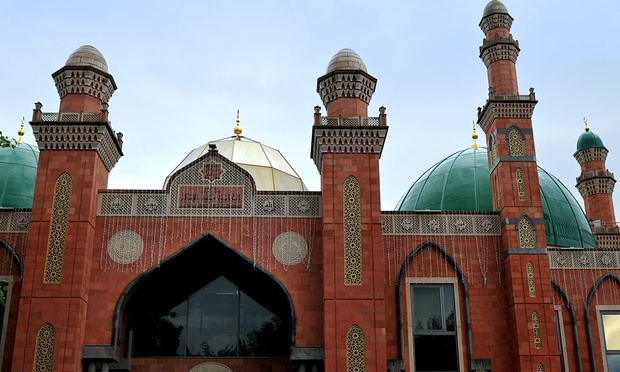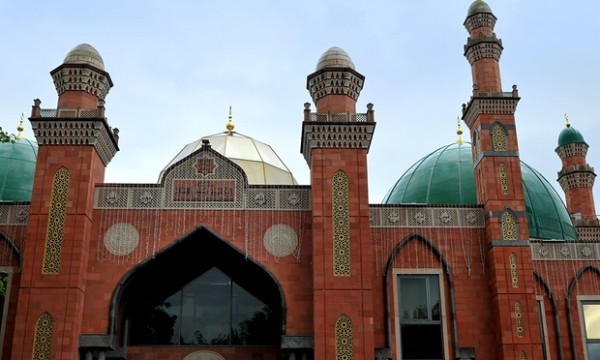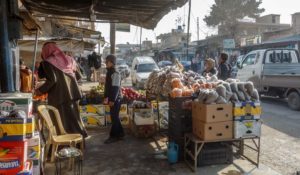
By: Naz Shah
Source: The Guardian
On Sunday 2 August, the Muslim Women’s Council in Bradford will be holding an event to discuss its proposals for the UK’s first women-managed mosque. Some women have experienced exclusion from male-run mosques, and so on the surface this seems a reasonable way forward. Many Muslims in Bradford would agree that we need to work towards greater involvement and inclusion of women in the life of the Muslim community.
Over the years, I have come across both good and bad examples of the experience of women within the life of the mosque. Some of the bad examples include all-male committees, usually comprised of men aged over 50, as well as women’s spaces that are cramped and lacking appropriate sanitary facilities. On the other hand, I have come across Muslim organisations in Bradford that are chaired by Muslim women and in which women are involved at board level. In many mosques and Islamic centres, women play an important creative role in programming events and activities.
This good practice is not restricted to just one theological school, but happens across the broad spectrum of Muslim tradition.
It seems to me that having a women-managed mosque is completely the wrong approach because the community and faith are stronger when Muslim men and women work in partnership as equals. I don’t want to see greater gender segregation, or women’s involvement pushed to the margins. What we need is good examples of mosques and madrasas that are inclusive of both men and women.
There are some very good examples of female scholarship emerging in the Muslim community within Bradford and beyond. We have female jurists, translators of classical Arabic texts and Muslim scholars emerging from seminaries in Bradford. But despite these great strides towards gender inclusion, it is obvious that more work is needed to help shape a more inclusive Muslim community both in our city and in the UK as a whole.
When it comes to the development of our communities, it is vital that we reclaim women’s contribution to early Islam. From my reading, it is clear that the early Muslim community, including that of the Prophet Muhammad (peace be upon him), was very inclusive of women as equal partners within the private, public, political and theological domain. The hijab did not prevent the critical involvement of women in the Muslim community.
The rules that govern today’s mosques are religious moral laws, and they have to work alongside the secular moral outlook that exists beyond their walls. We need to come up with inclusive approaches that are congruent with Islamic customs and practice, and also with the liberal society in which we live.
Muslim women in Bradford have made significant strides since the 1970s, using their skill and knowledge to shape their communities, and I urge them in this case not to throw the baby out with the bath water. What we need is more home-grown young female and male scholars who understand the liberal world around them and who, through their Islamic knowledge and spirituality, are able to guide young people and families to live fruitful, integrated lives.
All of this is why I support Bradford having a mosque that is led by both men and women, that is used by both men and women, which remains true to the Muslim tradition and religious moral law. Such a mosque would be the first to be inclusive of both male and female leadership and also male and female use, so would be a good example of how other mosques could develop, potentially stimulating change and development across all British mosques.
I support a mosque that involves families, and that produces confident young people who can address the challenges we face. A space managed by only women sends out the wrong message at a time when we need to unify the community.
The views expressed in this article are the author’s and do not necessarily reflect those of MuslimVillage.com.







